The latest RCS Business Messaging (RBM) report from Mobilesquared believes that Google has 2 years to make RBM successful, otherwise it will drop its existing carrier messaging strategy in favour of becoming an OTT messaging platform to rival WhatsApp Business.
Mobilesquared believes that the long-term future of RCS business messaging (RBM) hinges on the platform embracing the 2026 FIFA World Cup held in North America across Canada, Mexico and the USA to act as the catalyst to drive brand adoption and spend from 2026 onwards. The global appeal of the football tournament should allow the RBM platform to demonstrate its interactive capabilities between brands and consumers.
Based on this success, Mobilesquared projects that RBM will grow to become a $12.2 billion market by 2029, and Google will maintain its carrier messaging strategy. However, should RBM continue to labour beyond 2026, as indeed it has for the last 4 years, Mobilesquared will slash the revenue projections significantly, but for Google it will face the conundrum of pursuing a strategy that is costing the company billions of dollars, or switching strategy to expedite brand spend over RBM?
Our ongoing research into RBM reveals considerable uncertainty among mobile operators regarding the roadmap of RBM. Without a 3-5 year RBM vision mapped out by Google, mobile operators do not have the confidence to invest in their own RBM strategies, and this is resulting in what can only be described as an underwhelming push of RBM into brands.
It has also emerged that there are a number of contractual issues between Google and mobile operators, and this is also causing the delay in mobile operator adoption of RBM.
Mobile operators are lacking the detail and assurances they require to go all-in on RBM. This is creating a stand-off between mobile operators and Google that can also be attributed to the lack of a long-term strategy for RBM.
As for Google, Mobilesquared predicts that Google will not become profitable from RBM until 2031. And that’s based on our existing bullish, pro-World Cup forecasts.
Google’s commitment to RBM hinges on it making carrier messaging a success. First and foremost, that requires overcoming all issues that have arisen between Google and the mobile operator community.
Mobilesquared believes that 2026 is the crunch year for RBM, and Google carrier messaging in particular. We believe Google will continue to apply the existing “carrier messaging” model for 18-24 months, up to the end of 2027. However, by the end of 2027 Mobilesquared believes Google will instigate major changes to the RBM model.
Google’s preference is clearly to pursue carrier messaging, but given the cost of running the platform, allied to a strained relationship with the mobile operator community and the slow adoption of RBM, the clearest strategy would be for the company to abort the carrier messaging proposition in preference of becoming an OTT messaging platform to expedite brand RBM spend.
After all, it’s done it before when it unveiled Google Guest. Who’s to bet against Google doing it again with a Google Guest 2.0 announcement?
nick@mobilesquared.co.uk
Find out more about our RCS Business Messaging service, and access to the latest report and dataset.


